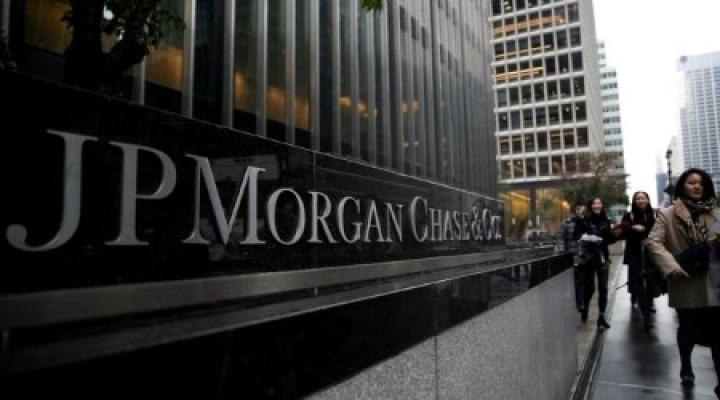In a display of formidable financial resilience, American banking stalwarts, including JPMorgan Chase (JPM.N), Wells Fargo (WFC.N), Goldman Sachs (GS.N), and Morgan Stanley (MS.N), have announced increases in their third-quarter dividends. These augmentations follow their successful navigation through the Federal Reserve’s stringent annual health check, affirming their robust capital position capable of withstanding severe economic headwinds.
JPMorgan Chase, the leviathan of U.S. banking, intends to uplift its quarterly stock dividend from the existing $1.00 to $1.05 per share. Wells Fargo echoes this sentiment, amplifying its dividend to 35 cents a share from the current 30 cents.
Complementing this trend, Goldman Sachs plans to elevate its dividend to $2.75 per share from $2.50, and Morgan Stanley will increment its dividend to 85 cents a share, up from the prevailing 77.5 cents. Citigroup follows suit with a modest increase to 53 cents a share from the current 51 cents.
These dividend enhancements were declared following the successful clearing of the Fed’s stress test, an examination to assess the capital reserves these financial institutions need to retain before they can distribute profits to their shareholders.
According to the hypothetical scenario by the Fed that envisages a severe economic downturn, the 23 examined banks – counting among them JPMorgan, Bank of America, and Goldman Sachs – would experience a collective loss of $541 billion. Despite this substantial figure, these financial behemoths would still retain over twice the minimum capital required.
Remarkably, these leading U.S. financial institutions demonstrated resilience amidst an unsettled banking landscape, rocked earlier this year by the failures of three significant regional banks. They have maintained stability even as the Fed escalated interest rates to curb inflation, a move that poses the risk of an economic recession.
In response to the results, Moody’s Investors Service, the esteemed rating agency, released a note stating, “The results show that these banks are capable of withstanding severe stress and maintaining a capital buffer above regulatory minimums, a credit positive.”
In the recent quarter, Citigroup repurchased $1 billion of common stock and will continue to assess its capital actions every quarter, according to a statement from CEO Jane Fraser. Despite a slight rise in Citigroup’s stress capital buffer (SCB) requirement to 4.3% from the current 4.0%, contrasting with a drop for its larger peers, Fraser lauded the test results, citing them as evidence of Citigroup’s financial durability through all economic conditions.
While analysts initially expected banks to adopt a more conservative stance given the uncertain economic climate and forthcoming international capital rules that could be announced as early as this summer, the announced dividend increases depict a confident outlook by these banking giants.
Here’s a snapshot of the updated dividends:
Bank New Dividend Previous Dividend
JPMorgan Chase $1.05 $1.00
Goldman Sachs $2.75 $2.50
Citigroup $0.53 $0.51
Morgan Stanley $0.85 $0.775
Wells Fargo $0.35 $0.30
Disclaimer: Investing in stocks involves a considerable degree of risk and may not be suitable for all. Past performance is no guarantee of future results. Always do your own research and consult with a licensed financial advisor before making investment decisions.







